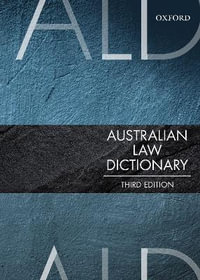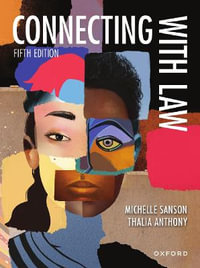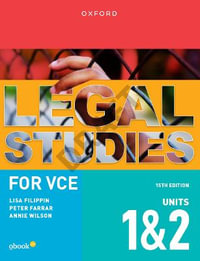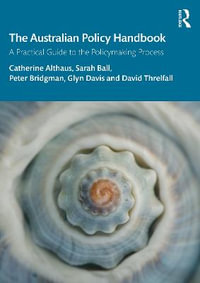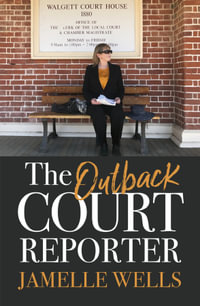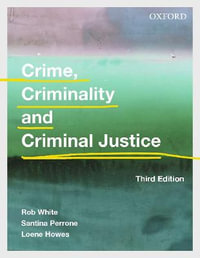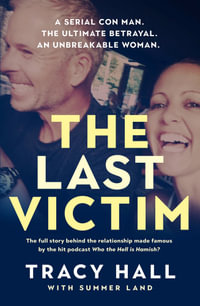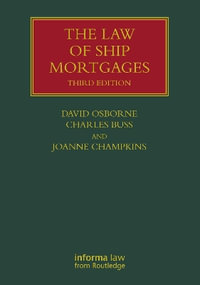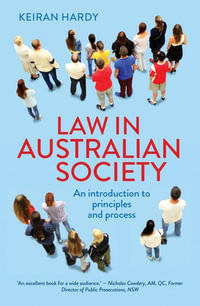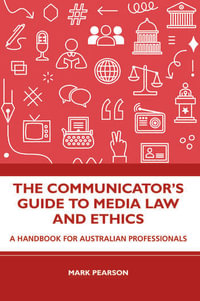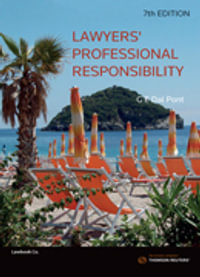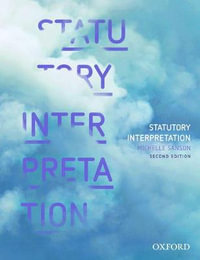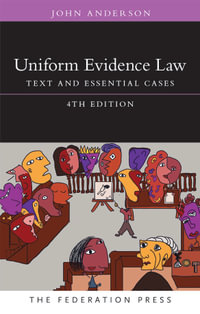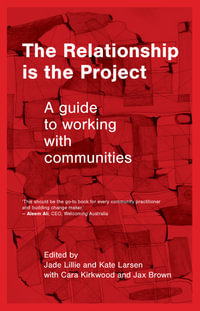After the siege ended at Wounded Knee, the real battle had yet to be fought. The 1973 standoff in South Dakota between Oglala Lakota Indians and federal lawmen led to the criminal prosecution of American Indian Movement leaders Dennis Banks and Russell Means. The ten-month trial had all the earmarks of a political tribunal; with the defense led by William Kunstler and the prosecution backed by the Nixon administration, it became a media battle for public opinion.
This first book-length study of the Wounded Knee trials demonstrates the impact that legal institutions and the media have on political dissent. It also shows how the dissenters as defendants can influence these institutions and the surrounding political and cultural climate. AIM and its attorneys successfully turned the courtroom into a political forum on the history of U.S.-Indian relations but were often frustrated in telling their story by the need to observe legal procedures--and by the media's stereotyping them as Indian warriors or sixties militants. John Sayer draws on court records, news reports, and interviews with participants to show how the defense, and ultimately the prosecution, had to respond continually to legal constraints, media coverage, and political events taking place outside the courtroom.
Although Banks and Means and most of the other protesters were acquitted, Sayer notes that the confinement of AIM protests to the courtroom robbed the movement of considerable momentum. Ghost Dancing the Law shows how legal proceedings can effectively quell dissent and represents both a critical chapter in the struggle of Native Americans and an important milestone at the crossroads of law and politics.
Industry Reviews
Ghost Dancing the Law recounts an immediately interesting story--there is nothing quite like a good courtroom drama. -- Michael Kenney Boston Globe John Sayer's book powerfully articulates...indigenous activism in the United States by examining in significant detail the political/legal history of the trials of the key Indian players, particularly the conspiracy trial of American Indian Movement (AIM) leaders Dennis Banks and Russell Means, who were involved in the 1973 takeover of the small hamlet of Wounded Knee, on the Pine Ridge Reservation of South Dakota...An outstanding multi-disciplinary and thoroughly researched account which clearly explains the intersection and overlapping of the important forces that shaped events leading to the Wounded Knee trials, the trial deliberations, and the complicated developments in the wake of the trials...Ghost Dancing the Law is a richly textured and subtle account of one of the most important criminal trials in the later part of the twentieth century. It explains in lively prose how resourceful and resistant indigenous peoples are (for example, although various Indian 'images' were manipulated by the media, the Indian activists engaged in their share of manipulation of the media) and how prominent a role the media plays in public perceptions of indigenous peoples...I strongly recommend this book. -- David E. Wilkins Law and Politics Book Review It is in the trial narrative where Sayer makes his contribution to scholarship. His account of the trials is documented through primary sources: interviews with lawyers on both sides, legal workers, and community leaders. Sayer also quotes extensively from the transcript of the Banks and Means trial and contemporary newspaper accounts of all the trials and associated political activity. Woven throughout is the history of the Wounded Knee Legal Defense/offense Committee...The conditions that produced the Ghost Dance remain, and this book will be a valuable reference for a nation stumbling blindly towards Wounded Knee III. -- Steve Russell Texas Observer Sayer succeeds remarkably in this well-written, thoroughly researched first book-length study of the Wounded Knee trials. Not only does he report and analyze the trials admirably, he also provides a coherent and valuable discussion of AIM and the United States' legal and social reactions to it. Furthermore, Sayer's analysis of the Wounded Knee trials exposes how the media's definition of news can lead it to miss or misrepresent important stories and why consumers of print and broadcast journalism should critically examine what they absorb...Students of U.S. legal and Native-American history must read this book; students of social movements, the 1970s, and the media should read it. -- Todd M. Kerstetter Canadian Review of American Studies In a smoothly written analysis of the 1974 trial of Russel Means and Dennis Banks for 'criminal acts' committed during the 1973 occupation of Wounded Knee, John Sayer provides an evocative chronology of events and ideals that influenced the St. Paul trial. Woven throughout the narrative are parallel examples of historic revolutionary movements and leaders, a device allowing readers to compare and contrast the possibilities and pitfalls inherent in ideological revolution. Set in the turbulence of Watergate and media hysteria, the Wounded Knee trials lead Sayer to ask how influential the press is in bringing public opinion into the courtrooms of America...Sayer's narrative of the 1974 trial offers a superb description of the inner workings of the American justice system, including its deleterious effects on American Indians unfortunate enough to enter its bounds. This book will enrich readers with interests in American Indian history, culture, and politics, and those seeking enlightenment on the Wounded Knee trials. Great Plains Research This is an account that needed to be written. At least two [other] books...recount in detail Peltier's controversial conviction for the deaths of two FBI agents on the Pine Ridge reservation in 1975, but no one has written about the Banks/Means trial in such a detailed and scholarly way...Sayer writes readable and often eloquent prose. The meticulous notes contain only the most significant legal citations; Sayer's research is primarily from court transcripts, newspaper accounts, and an impressive collection of interviews with participants. -- Sandra K. Baringer, University of California-Riverside H-Net Review

